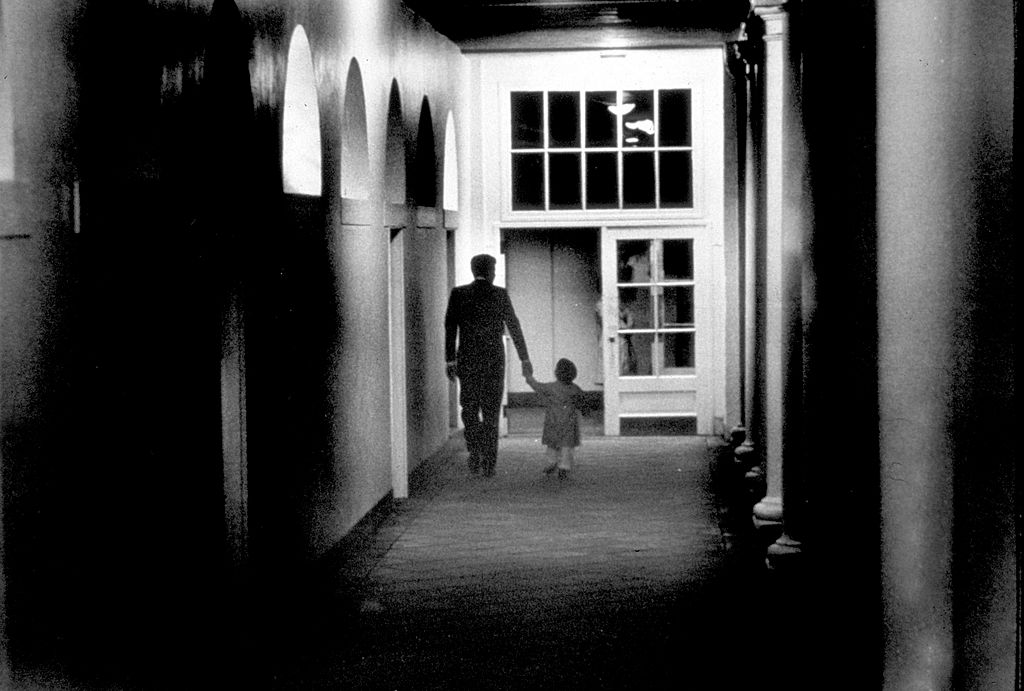Can American democracy and soft power be restored?

At a recent meeting of trans-Atlantic foreign policy experts, a European friend told the group that he used to worry about a decline in American hard power but felt reassured. On the other hand, he now worried more about what was happening internally and how that would affect the soft power that underlies American foreign policy. Are his fears justified?
Smart political leaders have long understood that values can create power. If I can attract you and persuade you to want what I want, then I don’t have to force you or pay you to do what I want. If the United States (or any country) represents values that others find attractive, it can economise on sticks and carrots. US soft power rests partly on American culture and foreign policies when they are attractive to others; but it also rests on our values and how we practise democracy at home.
As international polls show, President Donald Trump’s term in office wasn’t kind to American soft power. This was partly a reaction to Trump’s nativist foreign policy, which shunned allies and multilateral institutions, as well as to his administration’s incompetent response to the Covid-19 pandemic. But even more damaging to US soft power was Trump’s effort to disrupt the orderly transition of political power after he lost the 2020 election. And on 6 January 2021, as Republican Senator Ben Sasse described the invasion of the US Capitol, ‘the world’s greatest symbol of self-government … was ransacked while the leader of the free world cowered behind his keyboard—tweeting against his Vice President for fulfilling the duties of his oath to the Constitution’.
America’s allies and other countries were shocked, and America’s attractiveness was diminished. Can US soft power recover?
It wouldn’t be the first time. The US has serious problems, but it also has a capacity for resilience and reform that has rescued it in the past. In the 1960s, America’s legacy of racism fuelled major urban riots, and protests against the Vietnam War grew increasingly violent. Bombs exploded in universities and government buildings. The National Guard killed student protesters at Kent State University. We witnessed the assassinations of Martin Luther King Jr and two Kennedys. Populist demagogues like George Wallace fanned the flames of hate. Yet, within a decade, Congress enacted a series of political reforms, and the honesty of Gerald Ford, the human rights policies of Jimmy Carter and the optimism of Ronald Reagan helped restore America’s attractiveness.
Moreover, even when protesters marched through the world’s streets condemning American policies in Vietnam, they were more likely to sing ‘We Shall Overcome’ than the ‘Internationale’. The anthem of the civil rights movement illustrated that America’s power to attract rested not on its government’s policy but in large part on its civil society and its capacity for self-criticism and reform.
Unlike hard-power assets (such as armed forces), many soft-power resources are separate from the government and attract others despite politics. Hollywood movies and popular music showcasing independent women or empowered minorities can attract others. So, too, does America’s diverse and free press, the charitable work of its foundations and the freedom of inquiry at its universities. America’s firms, universities, foundations, churches and protest movements develop soft power of their own, which may reinforce others’ views of the country.
But while peaceful protests can generate soft power, the mob in and around the Capitol on 6 January was far from peaceful. The events of that day were a disturbing illustration of the way that Trump exacerbated political polarisation, which he continues to do by making his myth of a stolen election a litmus test in the Republican Party.
To be sure, the US had experienced an increase in political polarisation well before Trump was elected in 2016. His innovation was to exploit and exacerbate nativist populism as a political weapon to take control of the GOP, cowing congressional Republicans with threats of a primary challenge from his supporters. Many still are too scared to oppose his lies about the 2020 election. Fortunately, in a federal system, many state officials and legislators stood up to Trump’s efforts to intimidate them into ‘finding’ votes. Some pessimists worry whether this can continue.
For those who are mourning the demise of American democracy, it’s important to remember that unprecedented turnout in the 2020 election unseated a demagogue. And the outcome was upheld in more than 60 court cases overseen by an independent judiciary, including some of Trump’s appointees. And the outcome was finally certified by Congress.
This doesn’t mean that all is well with American democracy. The Trump presidency eroded a range of democratic norms. Polarisation persists, and most Republicans say they believe his lies about the election. Social media business models exacerbate the existing polarisation by relying on algorithms that profit from eliciting user ‘engagement’, and companies like Facebook and Google, under pressure from public opinion and congressional hearings, are only slowly beginning to respond.
At the same time, American culture still has sources of resilience that pessimists in the past have underestimated. Press freedom, independent courts and the right to peaceful protest are among the greatest sources of America’s soft power. Even when mistaken government policies reduce America’s attractiveness, its capacity for self-reflection and self-correction makes it attractive to others at a deeper level. As I told my sceptical European friend, values change with generations, and the younger generation is a source of hope.